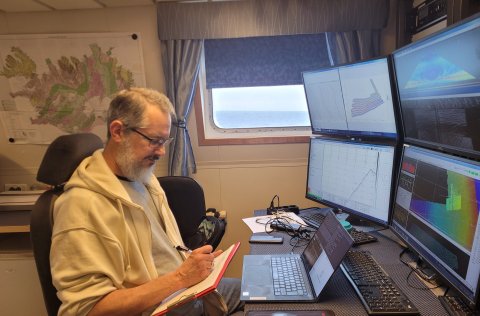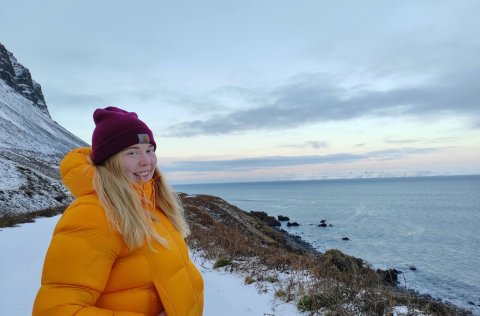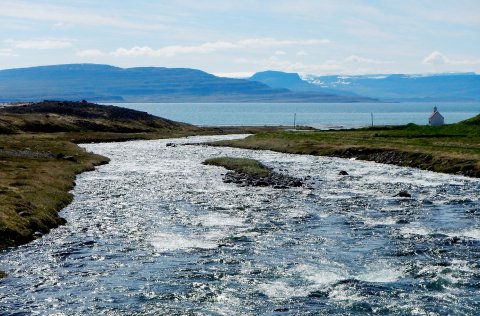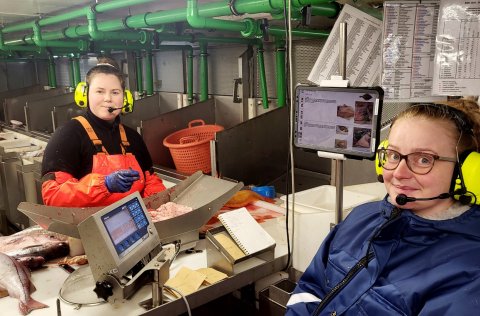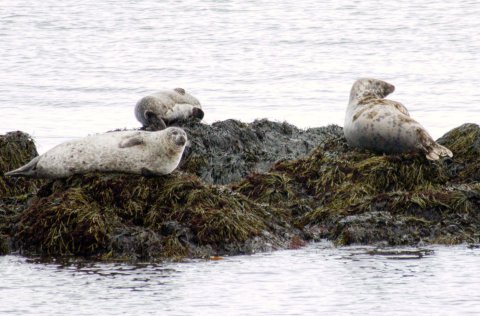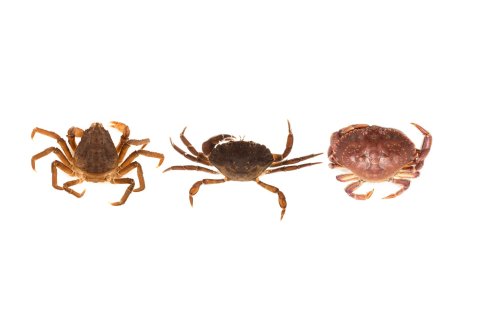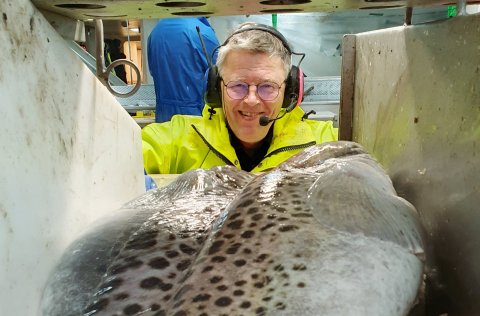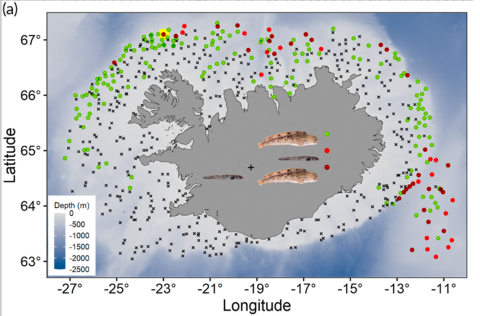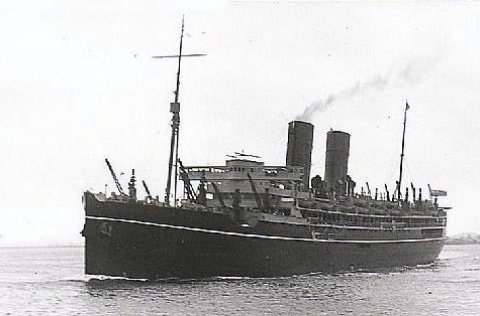
Measurements shed light on the shipwreck of HMS Rajputana
New Measurements Shed Light on a Familiar Shipwreck: About 80 nautical miles west of Snæfellsnes, at a depth of approximately 400 meters beneath the ocean's surface, rests a shipwreck. Its hull spans 155 meters in length and 20 meters in width, with what appears to be the bow rising 13 meters from the seabed, facing west. This intriguing discovery lies adjacent to the far edge of an iceberg ploughmark, stretching 330 meters in length and 12 meters deep.
23. April

